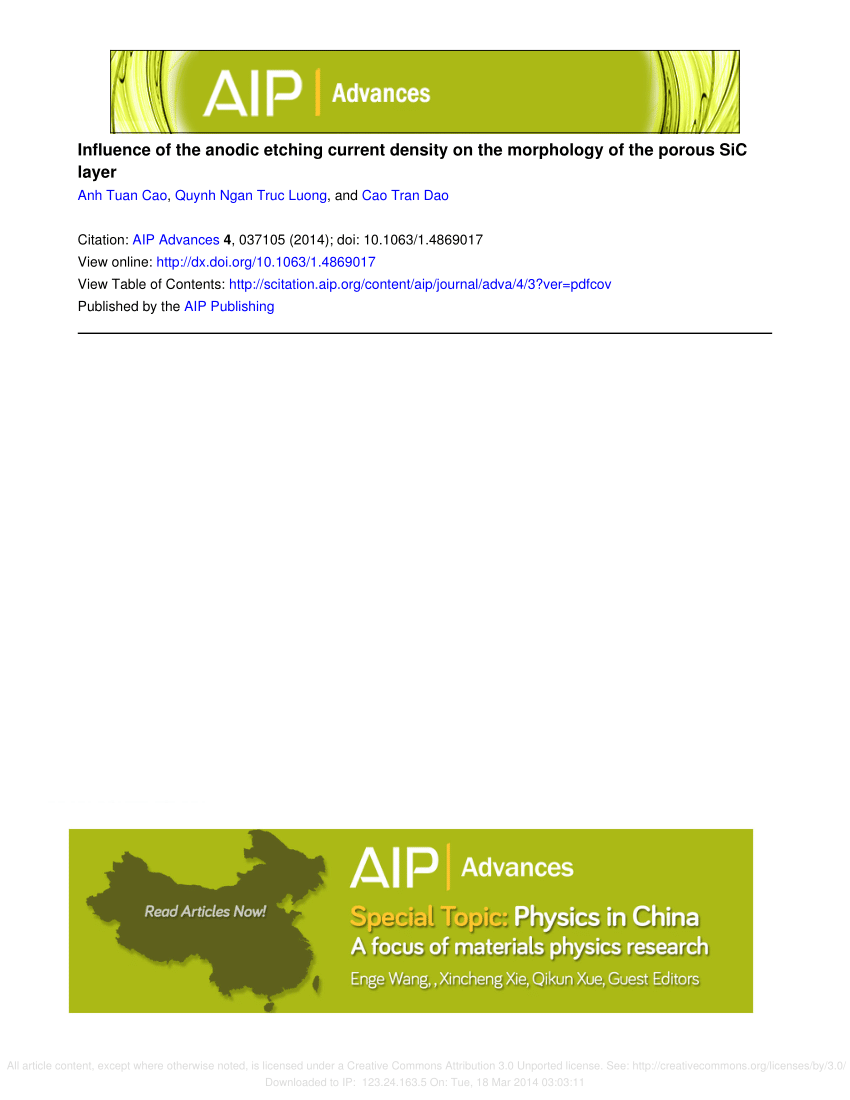Numerical simulation and experimental study of the dynamic characteristics of a gas turbine rotor system with beam sea and head sea excitation
IF 1.4
4区 物理与天体物理
Q4 MATERIALS SCIENCE, MULTIDISCIPLINARY
引用次数: 0
Abstract
Vibration analysis is crucial for studying rotor dynamics. The gas turbine rotor system is subjected to complex alternating loads during navigation, resulting in vibrations transmitted to the bearings that alter the system’s dynamic characteristics. Based on the similarity law of the wave resistance test, a hull model was established. Beam sea and head sea tests were conducted in the towing pool to measure the acceleration response at the key positions. A finite element model of the turbine rotor system was established, and the test data were imported into the model after wavelet noise reduction and resampling to calculate the vibration response at the front and rear bearing points. The vibration responses transmitted to different locations and directions caused by beam sea and head sea conditions were analyzed. A comparison and analysis were conducted on the acceleration responses in various locations and directions under beam sea or head sea conditions. The equivalent von Mises stress distribution of the gas turbine rotor system under beam sea and head sea loads was obtained. The vibration transfer model was verified for accuracy and can be used to quickly analyze the vibration response of bearings under wave load transfer. This study provides a theoretical basis and reference for enhancing the stability of the gas turbine rotor system.梁海和顶海激励下燃气轮机转子系统动态特性的数值模拟和实验研究
振动分析对于研究转子动力学至关重要。燃气轮机转子系统在航行过程中会受到复杂的交变载荷,导致振动传递到轴承,从而改变系统的动态特性。根据波浪阻力试验的相似律,建立了船体模型。在拖曳水池中进行了梁海和顶海试验,以测量关键位置的加速度响应。建立了涡轮转子系统的有限元模型,并将试验数据导入模型,经过小波降噪和重采样,计算出前后轴承点的振动响应。分析了梁海和顶海条件下传递到不同位置和方向的振动响应。对梁海和顶海条件下不同位置和方向的加速度响应进行了比较和分析。得到了燃气轮机转子系统在梁海和顶海载荷下的等效 von Mises 应力分布。振动传递模型的准确性得到了验证,可用于快速分析轴承在波浪载荷传递下的振动响应。该研究为提高燃气轮机转子系统的稳定性提供了理论依据和参考。
本文章由计算机程序翻译,如有差异,请以英文原文为准。
求助全文
约1分钟内获得全文
求助全文
来源期刊

AIP Advances
NANOSCIENCE & NANOTECHNOLOGY-MATERIALS SCIENCE, MULTIDISCIPLINARY
CiteScore
2.80
自引率
6.20%
发文量
1233
审稿时长
2-4 weeks
期刊介绍:
AIP Advances is an open access journal publishing in all areas of physical sciences—applied, theoretical, and experimental. All published articles are freely available to read, download, and share. The journal prides itself on the belief that all good science is important and relevant. Our inclusive scope and publication standards make it an essential outlet for scientists in the physical sciences.
AIP Advances is a community-based journal, with a fast production cycle. The quick publication process and open-access model allows us to quickly distribute new scientific concepts. Our Editors, assisted by peer review, determine whether a manuscript is technically correct and original. After publication, the readership evaluates whether a manuscript is timely, relevant, or significant.
 求助内容:
求助内容: 应助结果提醒方式:
应助结果提醒方式:


